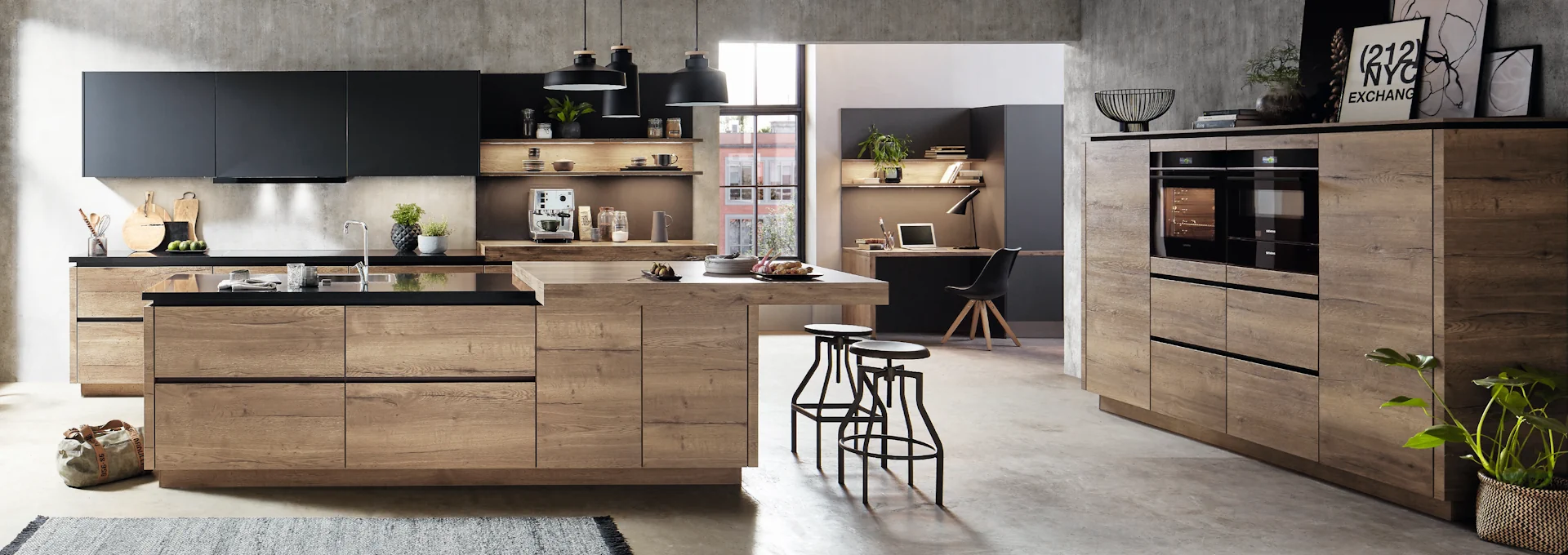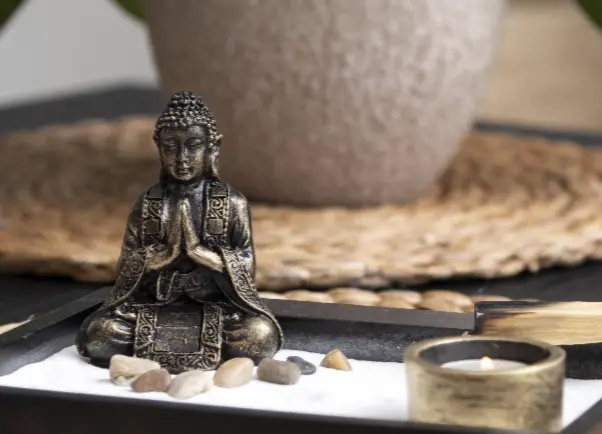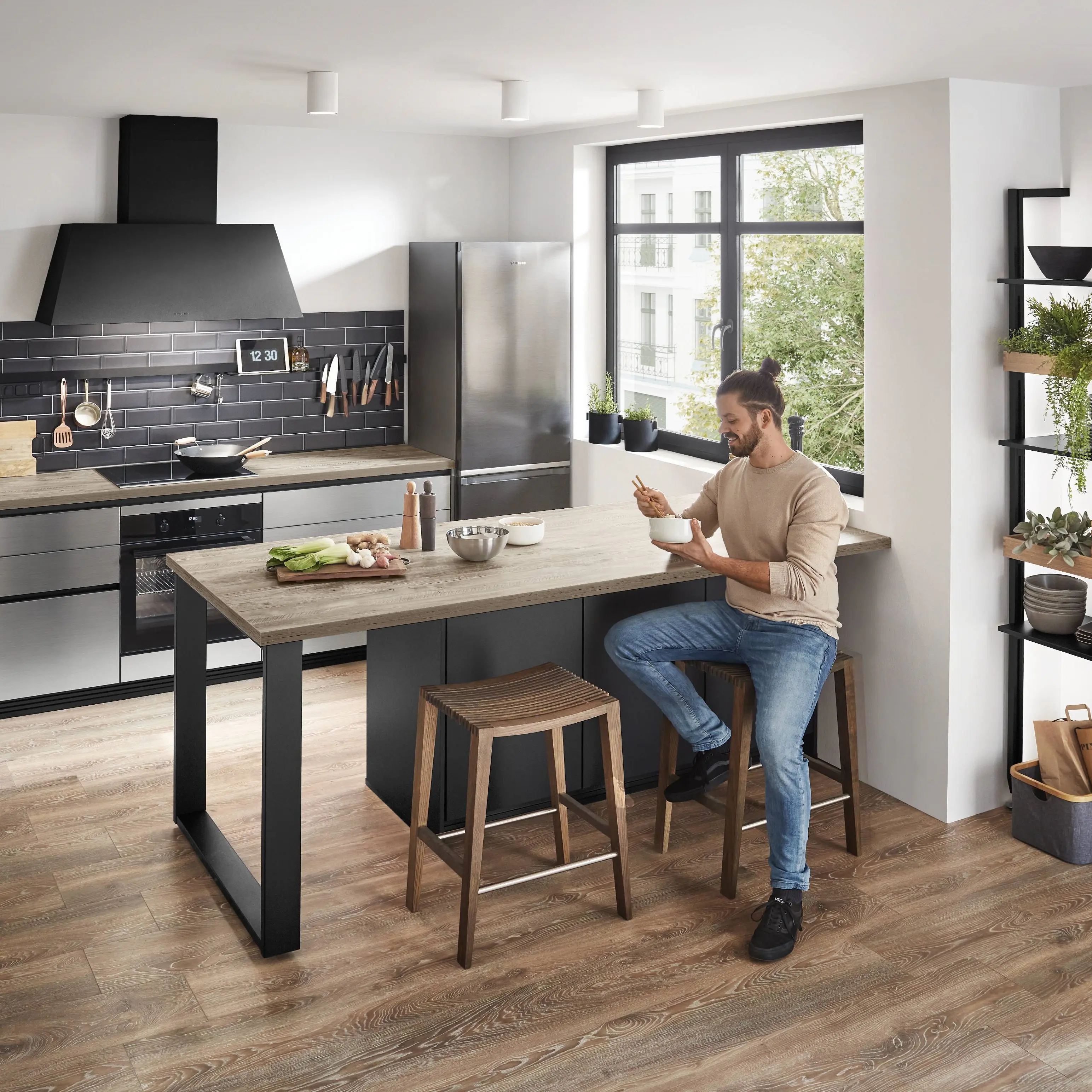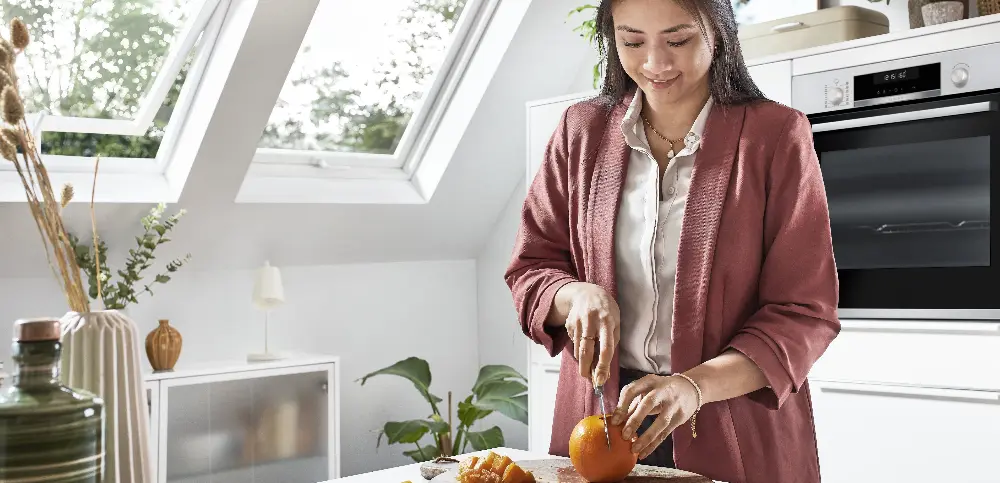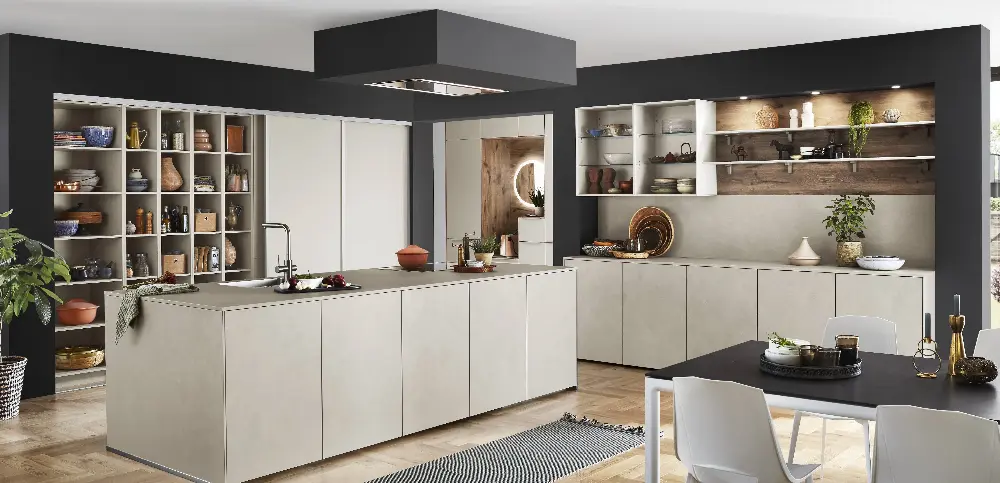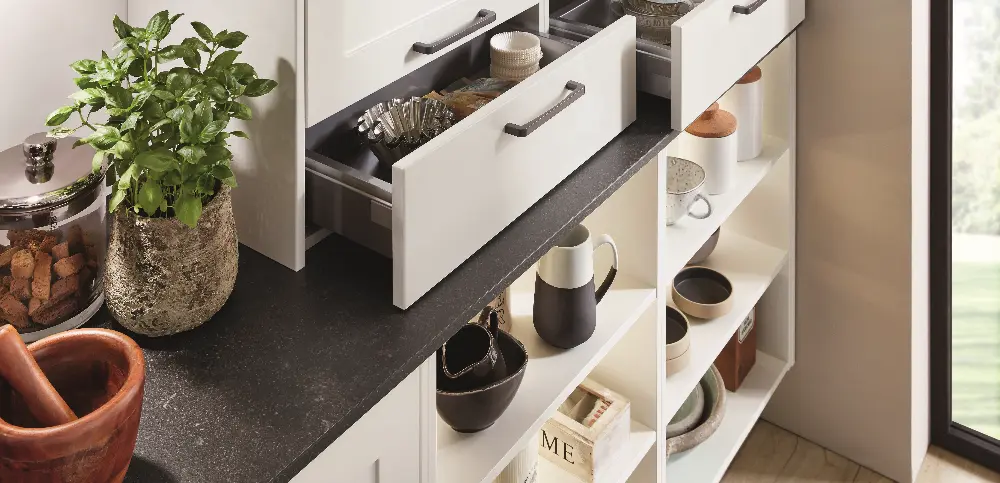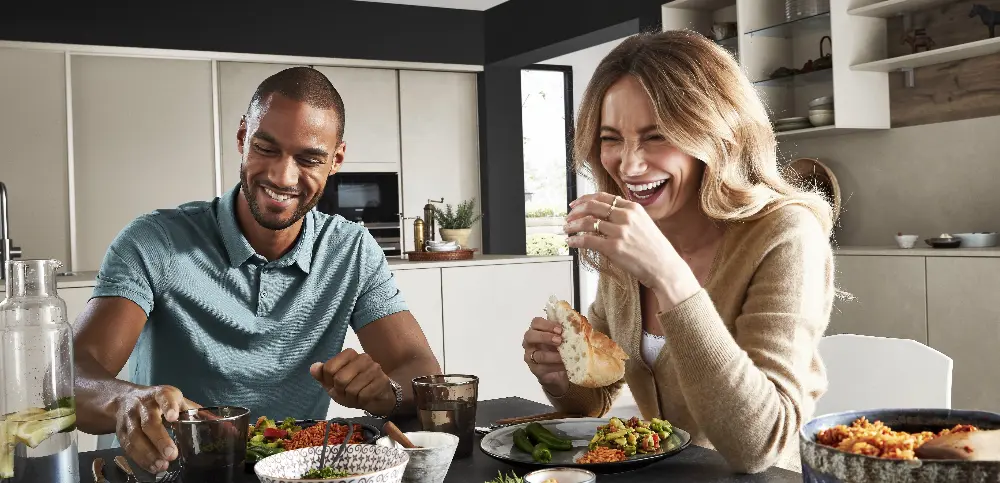What is Feng Shui?
Feng Shui is a practice that involves arranging your living environment in a way that promotes the flow of positive energy, or "Chi." In the kitchen, where fire and water elements are prominent, achieving balance is key to ensuring a harmonious space that supports health, wealth, and family well-being.
Why Feng Shui in the Kitchen?
The kitchen is considered the heart of the home in Feng Shui, as it’s where food is prepared and energy is nurtured. A kitchen with good Feng Shui can enhance the overall energy of your home, creating a space that feels calm, inviting, and conducive to health and prosperity. Understanding and applying basic Feng Shui principles can help you create a kitchen that aligns with these positive energies.

